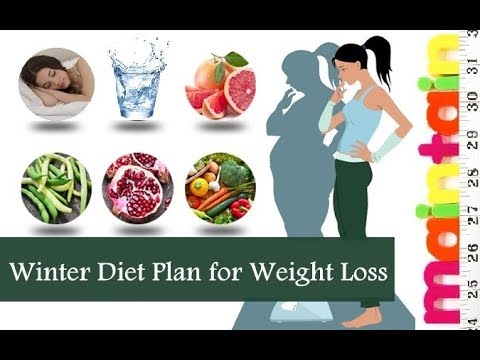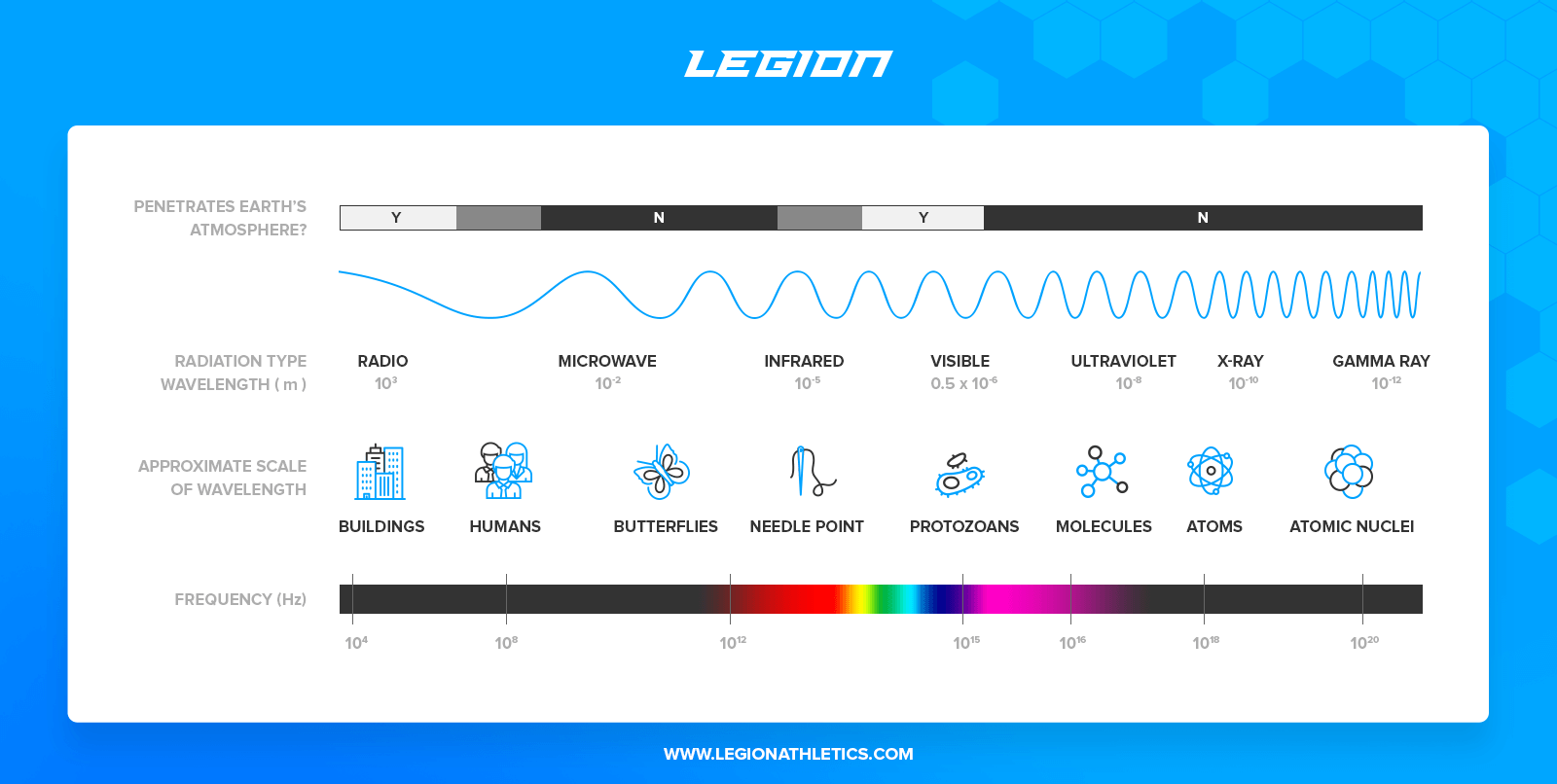
High-protein diets can have many benefits. From increased satisfaction to reducing your risk of heart disease or bone loss, they also increase your satiety. But how do they work? What are the best ways to consume the proper amount of protein every day? Here are some examples. Learn more. Be sure to weigh all options before you decide to follow a high-protein diet. This article was written with your health in mind.
Increased satiety
1956 introduced the aminostatic hypothesis that protein induces a feeling of satisfaction in humans. High-protein diets can increase blood levels of amino acids, which can suppress hunger pangs. Poppitt and colleagues found that high-protein preloads had a significant satiating impact in a study published by Appetite.
Weight loss
High-protein diets have been shown to increase thermogenesis and metabolic rate. Due to various steps in the metabolism, there is a brief increase in energy consumption after food intake. Recent research has shown that people who eat a high-protein diet consume more calories per 24-hour than those who eat a low-protein diet. One study showed that subjects who consumed 29% protein burned 213 calories more in 24 hours than those who consumed an 11 percent diet.

Bone health
Some ecological studies have found that a high-protein diet can be associated with improved bone health. However, others have not shown any correlation. Both cases show bias due to the method used. This means that the impact of protein consumption on bone quality may be greater if it is derived from animal proteins as opposed to plant-based ones. If you're interested in learning more about how protein affects bone health, read on.
Heart disease
Recent animal studies have shown that high-protein diets are associated with atherosclerosis. These findings were replicated in genetically tractable mouse models. However, studies have largely neglected to evaluate the mechanistic basis of the observed phenotypes. It is still possible to link dietary protein with cardiovascular risk, but this association remains largely associative. Human studies also showed a correlation between higher protein intakes and a greater risk of cardiovascular events including heart diseases.
Colon cancer
It is important to eat a high-protein diet to increase survival rates after treatment. A colon cancer treatment could make your body less able to fight infection and detoxify. Raw and undercooked foods can also cause problems for your body. Your doctor and dietitian can help you determine the best diet.
An increase in the risk of developing coronary disease
High-protein diets can lead to increased risk of heart disease. Even though many people do not get enough protein, it is crucial for building and maintaining healthy cells. Protein is crucial for muscle repair. However, a high-protein diet might be contributing to an increased risk of heart disease. The question is why? It is not clear why this debate exists.

Risk of kidney damage increases
Recent studies suggest that people who consume high amounts of protein are more likely to develop kidney disease. But, it is possible that the source of protein could also play a significant role. Recent research from Brigham and Women's Hospital revealed that women who eat high levels of protein have an increased chance of developing kidney disease. However, normal kidney function showed no decline with high-protein diets.
FAQ
Why exercise is so important to your weight loss goals
The human body, an amazing machine, is incredible. It was built to move. Move your body to stay healthy, whether you are running, swimming, biking or lifting weights.
Exercise also burns calories and improves muscle tone. This makes you feel good both physically and psychologically. Many people have heard the phrase "exercise is important to weight loss." But what does it do?
-
Exercise can increase metabolism. When you exercise, your body uses energy. Your heart rate increases, blood flow to your muscles and oxygen is absorbed from your lungs when you move. All of these activities require energy. Your metabolic rate increases, which means you'll burn more calories while exercising. Calories refer to how much energy you use during physical activity.
-
Exercise reduces appetite. If you eat less while you are working out, you will naturally eat fewer calories throughout the day.
-
Exercise increases strength. Muscle tissue is more energetic than fat tissue. If you build muscle mass, you will require less food to maintain your weight.
-
Exercise releases endorphins. Endorphins make you smile. When you exercise, they are released into the bloodstream. Endorphins are known to block pain signals from your brain. This gives you a feeling of well-being.
-
Exercise increases self-esteem. Exercise is a great way to boost self-esteem. And this leads them to live healthier lives.
If you want to lose weight, start with small changes. Consider adding these tips to your daily routine.
What can I eat while on intermittent fasting in order to lose weight?
Cutting out carbs is the best way to lose weight. This means that you should cut out carbohydrate-based foods like bread, pasta and rice.
Also, you should avoid eating too many protein as it can make you feel fuller for longer. You won't feel as hungry.
Instead, choose foods rich in healthy fats. These foods are satisfying and will keep your hunger at bay for hours.
It's vital that you get enough water. Water is important for your body's ability to stay hydrated and helps you burn more fat.
It is possible that you will find yourself craving these foods while you are fasting. This doesn't mean that you must give in to your cravings. If you do that, you may gain more weight then you lose.
In order to prevent eating too much, limit the amount you eat during the day. Drink a glass water whenever you feel hungry.
This might sound counterintuitive, but it's actually been proven to help you slim down. One study published in Obesity showed that plain water was more nutritious than sugary drinks.
Consuming water plainly also helped to decrease hunger. Don't drink sweetened beverages if your goal is to lose weight. Stick to water.
If you want to lose weight, you don't need to count every calorie or deprive yourself of certain foods. Instead, make small lifestyle changes.
You can swap your breakfast sandwich for an oatmeal bowl. Or swap your afternoon cookie for a piece of fruit.
These easy changes can help you lose weight and keep your kitchen clean.
How does intermittent fasting impact my sleep?
Yes, intermittent fasting does affect your sleep. When you skip meals, your hunger hormones increase. This can lead to you waking up early in the morning.
Experts suggest skipping breakfast. They recommend eating a light snack before bed.
If you still wake up hungry after this snack, you can consume a small meal just before going to bed.
But remember not to overeat. You will end up gaining weight rather than losing it.
Statistics
- According to Harvard Health, it's estimated that a 155-pound (70-kg) person burns around 167 calories per 30 minutes of walking at a moderate pace of 4 mph (6.4 km/h) (5). (healthline.com)
- According to a study sponsored by the American Council on Exercise, a person weighing around 140 pounds (64 kg) would burn 108 calories at a 30-minute beginner's Pilates class or 168 calories at an advanced class of the same duration (26). (healthline.com)
- Another study found that 24 weeks of weight training led to a 9% increase in metabolic rate among men, which equated to burning approximately 140 more calories per day. (healthline.com)
- According to Harvard Health, it's estimated that a 155-pound (70-kg) person burns roughly 112 calories per 30 minutes of weight training (5). (healthline.com)
External Links
How To
How to Intermittent Fasting
Intermittent fasting is a dieting method where you normally eat one day per week, usually Monday through Friday. This is a way to cut down on calories while still getting enough nutrition. It's believed that this helps burn fat faster than if you were eating normal meals throughout the entire week.
The most popular form of IF is to limit calories to certain days. This means that you might skip breakfast every day and then indulge in whatever food you desire throughout the day. You could also choose three small meals instead of two large meals per day.
There are many different forms of intermittent fasting, including alternate day fasting, 5/2 fasts, 8/4 fasts, 16/8 fasts, etc. There are pros and con's to every type of intermittent fasting. Alternate day fasting, which doesn't require you to change your lifestyle, is the best way to get started. However, not everyone can stick to a rigid schedule. They might prefer to experiment with other methods.
If you are interested in starting an intermittent fasting regime, I recommend beginning with alternate-dayfasting. This will allow to slowly transition to more extreme fasting regimens without drastically changing your lifestyle.